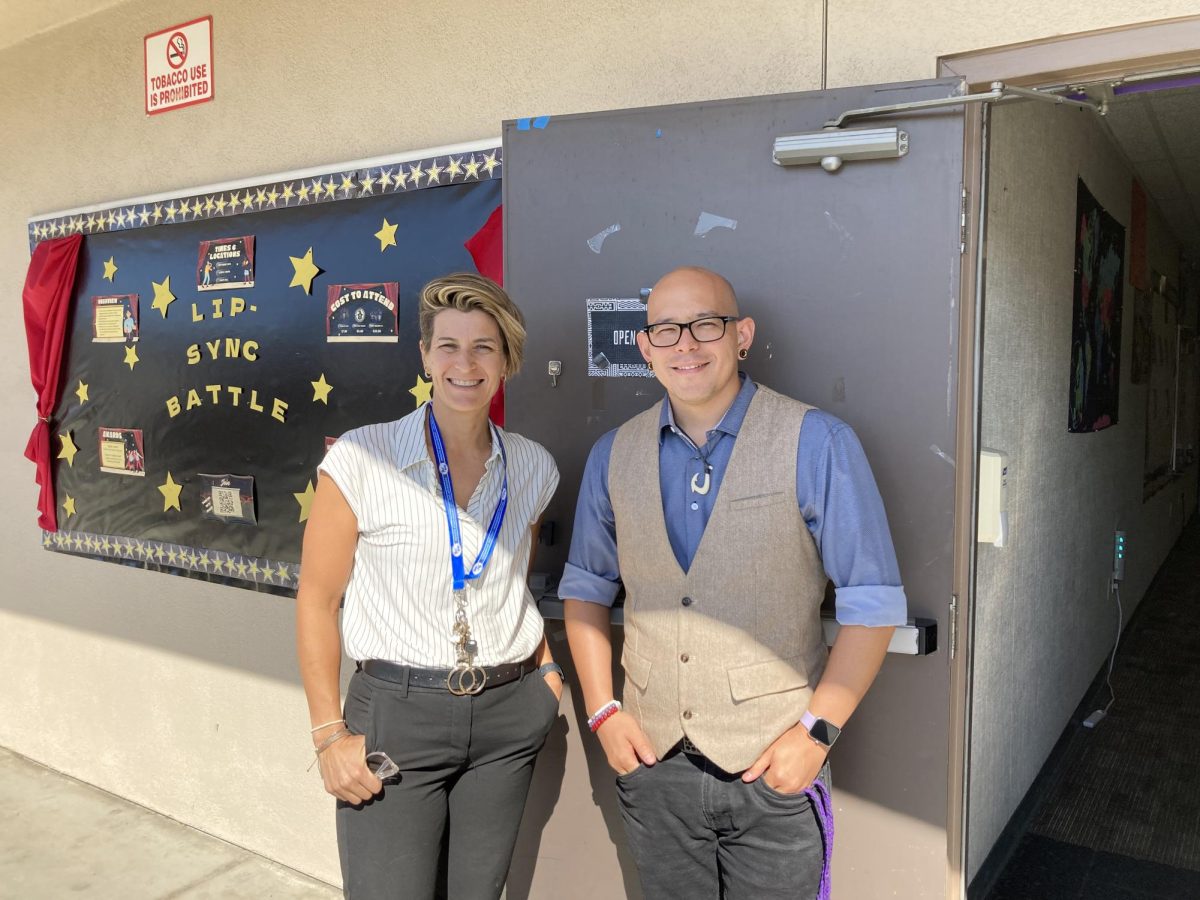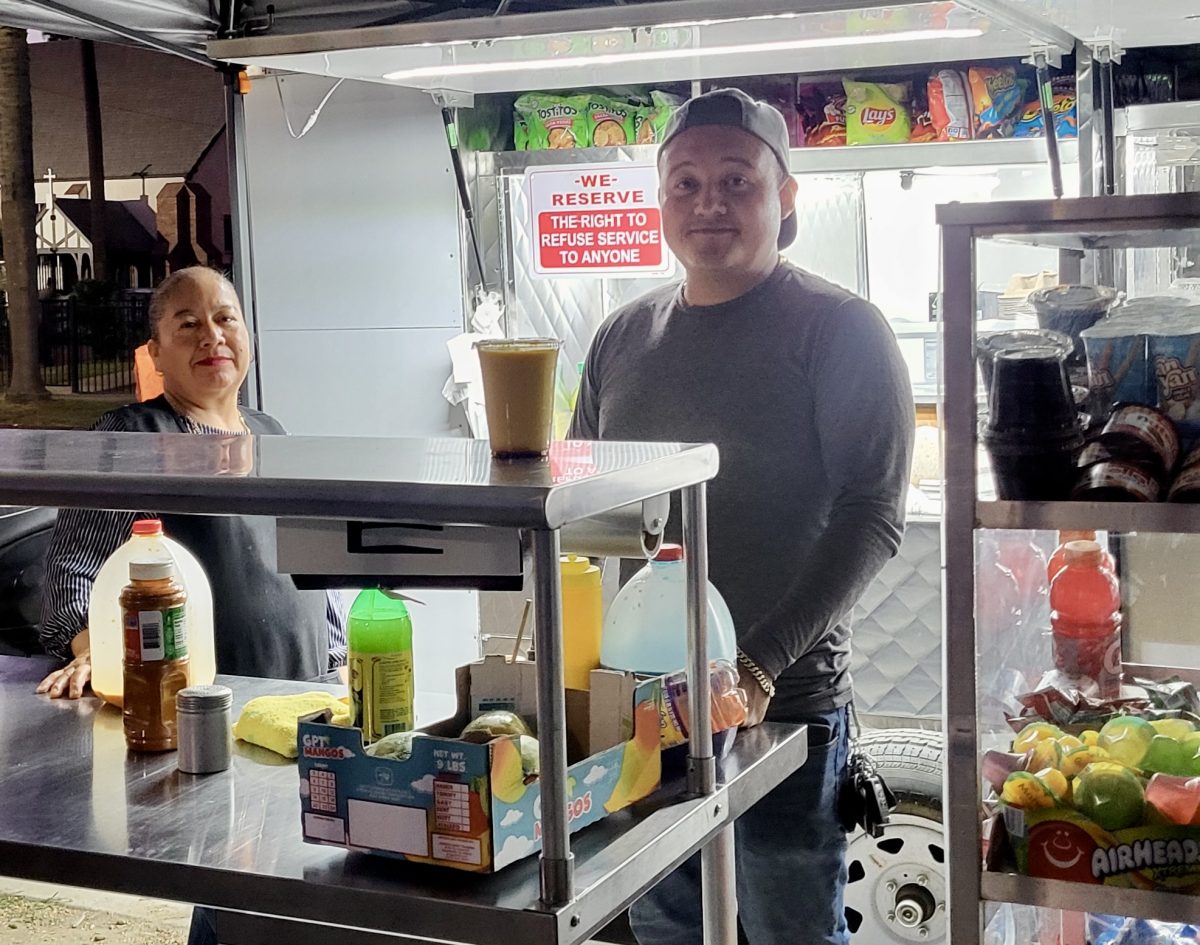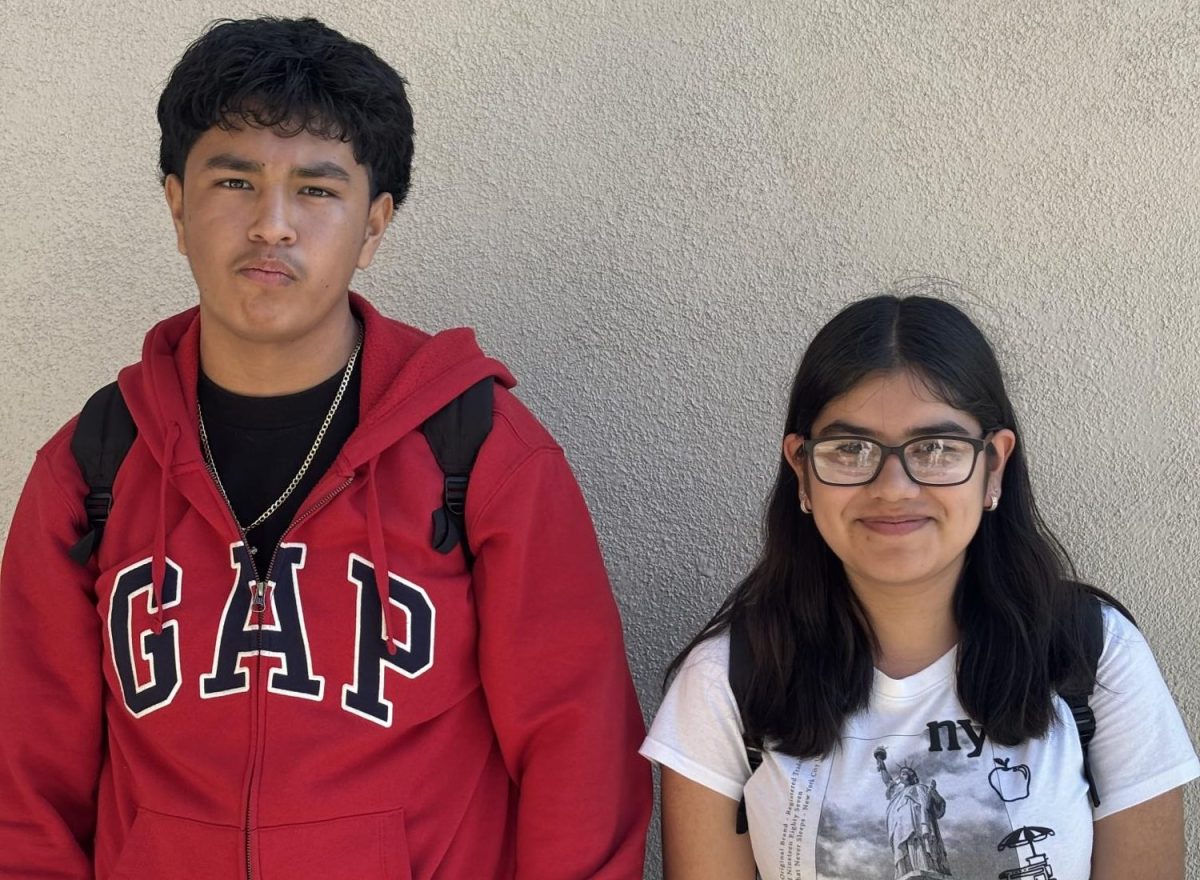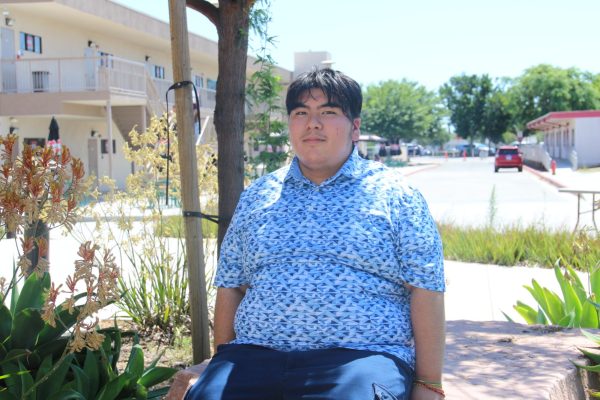It started with a joke. A fake LinkedIn post of beloved Sesame Street character Elmo “announcing” he had been laid off due to funding cuts at Public Broadcasting Service (PBS) quickly went viral. Thousands of users reshared it with disbelief, humor and growing concern. However, behind the meme, a very real issue is at stake: federal cuts to PBS recently proposed by the current presidential administration threaten to eliminate important educational programming for millions of children across the United States.
While the LinkedIn post was fake, the consequences are not. PBS has long been a lifeline for low-income communities, providing free access to quality educational content in homes that may not be able to afford paid streaming services or reliable internet. Programs like Sesame Street, Arthur and Odd Squad are more than just entertainment; they are carefully crafted tools aligned with school curricula to support literacy, science and social-emotional learning.
Today, 58% of U.S. television households, over 130 million people, tune into PBS each year, and PBS KIDS averages 15.5 million monthly users with 345 million monthly streams across its digital outlets. Usage is even higher in rural and low‑income areas.
For Middle College High School (MCHS) junior Kareem Hosan, PBS was a fundamental support pillar in his early learning and shaping his aspirations.
“I feel like back when I was like a toddler, around like 2 or 3, I used to watch a lot of shows growing up. PBS was one of those sources…PBS inspired me to be my major. I want to be an environmental engineer,” Hosan said.
MCHS junior Emi Noyola shares what she has learned through PBS because of a variety of different shows with unique teachings.
“Sesame Street helped me learn a lot, like kindness and sharing. It was also like a lot of education overall. They just like helped me learn a lot before going to school and during school,” Noyola said.
Hosan comments on the education shows that are offered by PBS and how it teaches a variety of subjects, ranging from English to Science. In some cases it can even mold viewers into the person they are today.
“Wild Kratts taught animals, environment, and the different traits they have…Word Girl, despite it barely being on, I was taught English…Curious George and Odd Squad…a lot of them would just be basic morality. They taught you how to be a good person. That’s a good thing to have access to,” Hosan said.
Both Hosan and Noyola reflect on the cut and removal of PBS and how it would deeply affect and alter how someone receives an education due to the lack of financial resources.
“PBS was my childhood, and without it, I can’t see many poorer, lower-income families.
I can see them losing a great amount of their education, which would definitely limit their knowledge, especially in a political and educational environment,” Hosan said.
“I think free educational programs, since they’re free, they definitely help those who don’t always have access to things like premiums or like subscribing stuff. So I think it would help them definitely get a head start before going into kindergarten,” Noyola said.
In response to the funding fight, Netflix recently struck a deal to stream Sesame Street, including classic episodes and the upcoming season, to its global audience. Yet even Netflix insists that new episodes will continue to air on PBS and the PBS KIDS app simultaneously, preserving free access for those who depend on it. As the debate over federal cuts unfolds, advocates stress that no streaming partnership can replace the zero‑cost model that underpins PBS’s mission to serve every child, no matter their zip code.


































